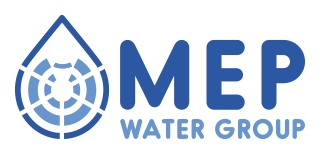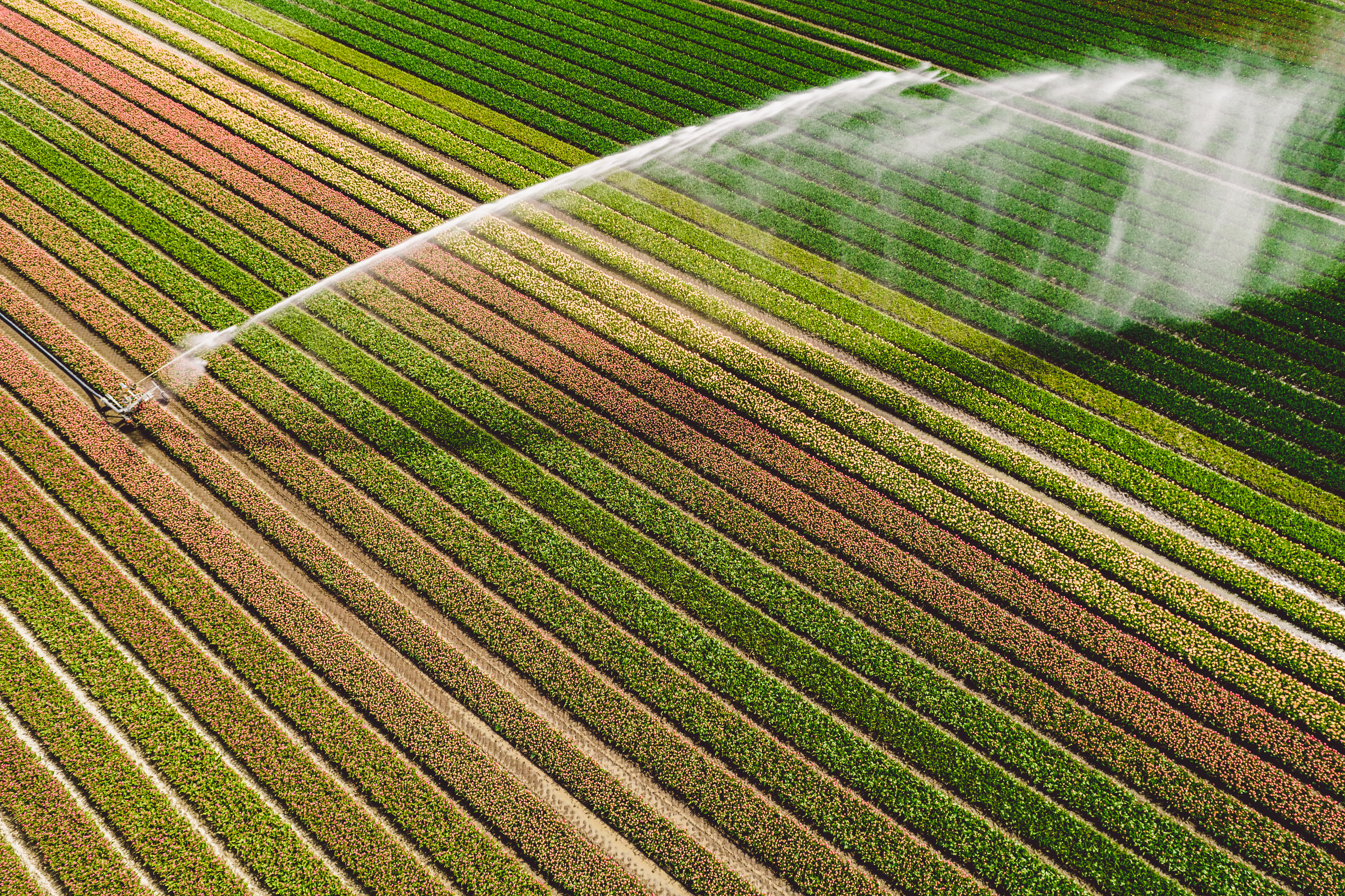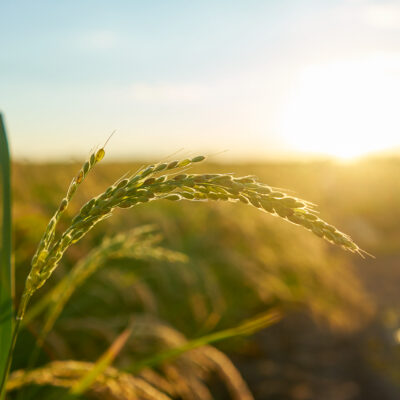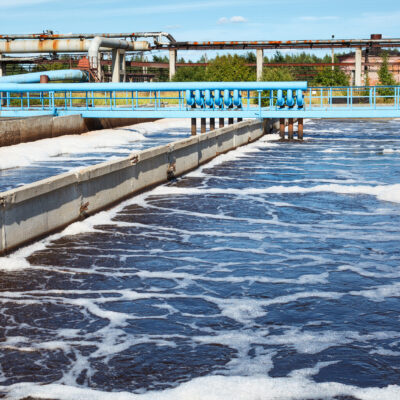On June 27, development has taken place in the European Union, as new requirements for the safe utilization of treated wastewater in agricultural irrigation have been established as the standard.
This decision comes in response to mounting evidence indicating a decrease in rainfall across various parts of Europe. The European Union has responded by enacting the Water Reuse Regulation, a legislative measure aimed at ensuring the secure, transparent, and accessible use of treated wastewater for crop irrigation. The regulation will be applicable in all Member States, except for those that have chosen to exercise a regulatory opt-out option, as depicted in the accompanying map illustrating where water reuse is permitted or prohibited.
The implementation of the Water Reuse Regulation (WRR) is expected to bolster confidence among consumers and farmers in adopting this circular approach to water usage. By ensuring its safety, the regulation will alleviate the strain on increasingly scarce water resources caused by excessive water extraction, while still enabling agricultural production.
Additionally, it will contribute to the preservation of vital water supplies required by both aquatic and terrestrial ecosystems. Embracing a more circular water management approach will aid in the protection of biodiversity, achieving pollution-free environments, and adapting to the challenges posed by climate change.





